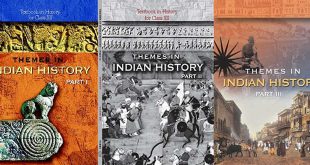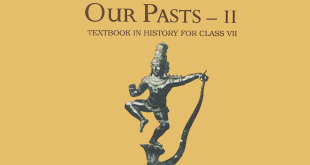Question: What was the role of the Planning Commission?
Answer: The Planning Commission helped design and execute suitable policies for economic development.
Question: What did Dr. Ambedkar mean when he said that “In politics we will have equality, and in social and economic life we will have inequality”?
Answer: What Ambedkar wanted to say was that providing voting right to the lower caste people would not remove other inequalities such as between rich and poor, or between upper castes and lower castes. These classes of people could be labelled equal only politically but in reality it could not be possible due to our social and economic structure.
Question: After Independence, why was there a reluctance to divide the country on Uguistic times?
Answer: India got independence at the cost of its division. This division had been done on the basis of religion. As a result of this division more than a million people had been killed in riots between Hindus and Muslims. In such circumstances, it was not wise to further divide the country on the basis of language. Therefore, both Prime Minister Nehru and Deputy Prime Minister Patel were against the creation of linguistic states.
Question: How was the economic development of India visualized in the early decades after Independence?
Answer: In 1950, the government set up a Planning Commission to help design and execute suitable policies for economic development. There was a broad agreement on “mixed economy” model. Here, both the state and the private sector would play important and complementary roles in increasing production and generating jobs. Now, it was on the Planning Commission to define which industries should be initiated by the state and which by the market and how to achieve a balance between the different regions and states.
In 1956, the Second Five Year Plan was formulated which focused on the development of heavy industries such as steel, and on the building of large dams. These sectors would be under the control of the state. This focus on heavy industry, and the effort at state regulation of the economy was to guide economic policy for the next few decades.
Question: Who was Mira Behn? Find out more about her life and her ideas.
Answer: Mira Behn (1892-1982) was the daughter of a British Admiral. Her real name was Madeline Shade. She left England to live and work with Mahatma Gandhi. She devoted her life to human development, the advancement of Gandhiji’s principles and to the freedom struggle. She was awarded the Padma Vibhushan in 1982.
 Class Notes NCERT Solutions for CBSE Students
Class Notes NCERT Solutions for CBSE Students




